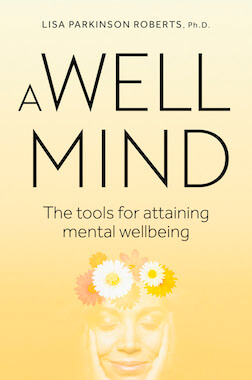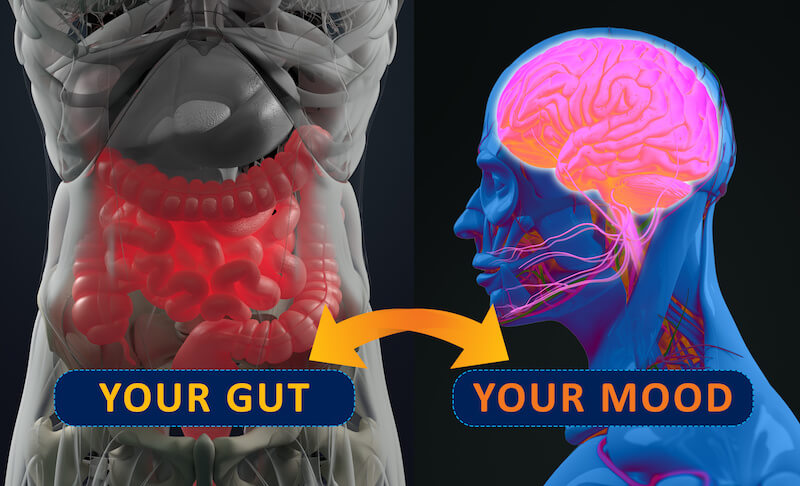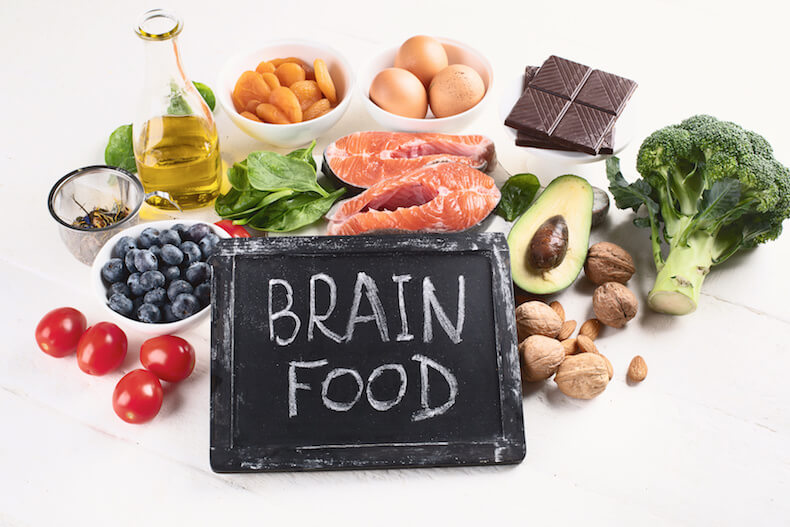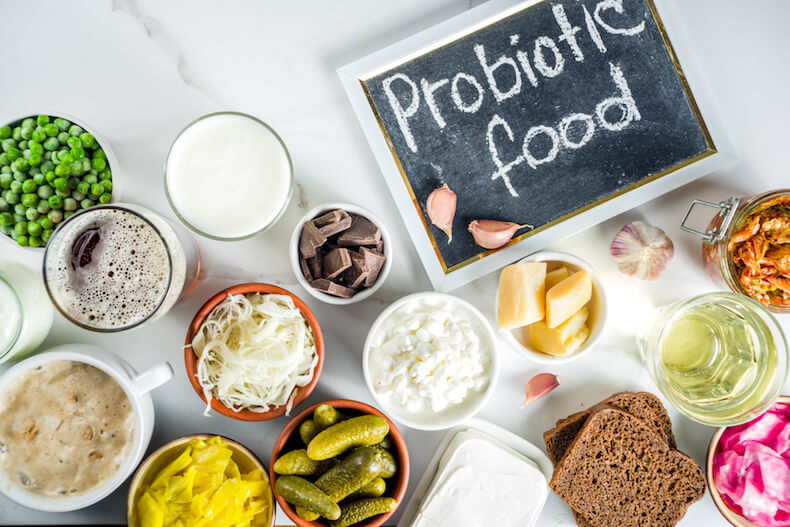Why are we taught how to care only for our body and not our mind? That’s the question that is the driving force for Dr Lisa Parkinson Roberts’ new book, ‘A Well Mind’. I have often asked the same question! As Lisa rightly observes: “while this is slowly-changing, it is “more in the context of ‘Better do crosswords and talk to people daily so we don’t get Alzheimer’s,’ or ‘Better see a doctor if I’m feeling depressed.”
With all the discussion about mental health, as a society, we still remain focussed on treating the symptoms of disease. Little attention is given to cultivating a well mind. Good health is, however, about more than the absence of disease and that’s why I whole-heartedly recommend ‘A Well Mind’ to you dear Reader. As well as being informative and engaging, this book is refreshing to read. Positively uplifting in fact. As Parkinson Roberts says, “You have more control over the wellbeing of your mind than you might currently believe.” This is a message that I am keen to share as it can make such a profound difference to one’s overall health and treatment outcome.
Imagine if in school we had lessons on cultivating a well mind. Imagine being given tools to calm our nervous system, tools to ward off anxiety and depression, foods to nourish and heal our mind. Imagine if we were taught that we are not our thoughts; rather, we are an audience who has the power to choose which thoughts to watch and nurture, and which thoughts to dismiss. Imagine if we were taught how to rewrite the narrative in our head, and let go of what doesn’t serve us.”
Lisa Parkinson Roberts PhD
Published by Exisle Publishing, ‘A Well Mind’ (RRP £12.99) is a comprehensive and holistic guide to improving your wellbeing by eating well and maintaining healthy routines. Dr Parkinson Roberts looks at why the health of one’s mind is just so important. She investigates nutrition, sleep, stress management and exercise to achieve optimal mental health and to help you to regain control of how you feel. She likens her journey to reduce inflammation in her body and mind to that of a person embarking on a weight-loss journey.
The Author’s candour, her realism and compassion is striking. This is an author and academic who knows what she is talking about, not just from years of study and clinical practice (she has a PhD in Nutrition Science) but from deep and at times, most painful experience. Her personal journey makes the book all the more compelling to read and her passion and curiosity shine through.

Diagnosed with Bipolar at the age of fifteen, also depression and OCD, Dr Parkinson Roberts has struggled with mental health for most of her life. She now manages her mind by using “food as medicine”. Dr Parkinson Roberts found successful methods for coping and she shares these tools and her academic expertise with her readers. She learned an important lesson during her journey: “struggle can alchemize into growth, and we all struggle; the struggle just presents differently for each of us.”
‘A Well Mind’: In Summary
Parkinson Roberts explores the Gut Brain Axis, the role of the microbiome, and explains how the diversity of our good bacteria and the foods we eat influence our mind and emotions. She highlights important nutrients, vitamins and minerals to consider for optimum mental, emotional and physical health.
Supported by the latest scientific research and case studies, the Author also explores Epigenics; the benefits of immersing in nature, mindfulness techniques; the importance of breathing properly, nourishing food and nurturing relationships; the value of community and the value in finding gratitude, purpose and meaning. Dr Parkinson Roberts is only the second person I know to reference Eudaimonic wellbeing in the context of contemporary wellness. One of my mentors, Patrizia Bortolin, the innovative Spa Director at Preidlhof and a leading Transformational Wellness Coach is the first. I must take Patrizia a copy of the book when I go to Italy!
Aside from the solid nutrition and lifestyle advice, I particularly like Dr Parkinson Roberts’ mind-changing or ‘shift’ exercises. These are very helpful – powerful too. I place a great deal of importance on mindset in my own nutrition work with clients. Our thoughts affect our gut health, our emotions, our behaviour, and vice-versa! Indeed, our overall health. Our thoughts and emotions can also manifest in physical symptoms. It was a ‘change of mind’ that helped me in my own past struggles with ulcerative colitis. One day, I changed my mind. I decided to be well… that I really was going to get better. That mental shift was profoundly life-changing.
The beauty of a well mind is that it alters the landscape surrounding us. We can move from living in the past, and with it anxiety and regret, or from being caught up in the future, and with it uncertainty, to experiencing each day
mindfully and calmly.”Lisa Parkinson Roberts, Ph.D
Dr Lisa Parkinson Roberts, I salute you! ‘A Well Mind‘ is a keeper! I will enjoy recommending this book to my clients and revisiting it time and again. Thank you!














